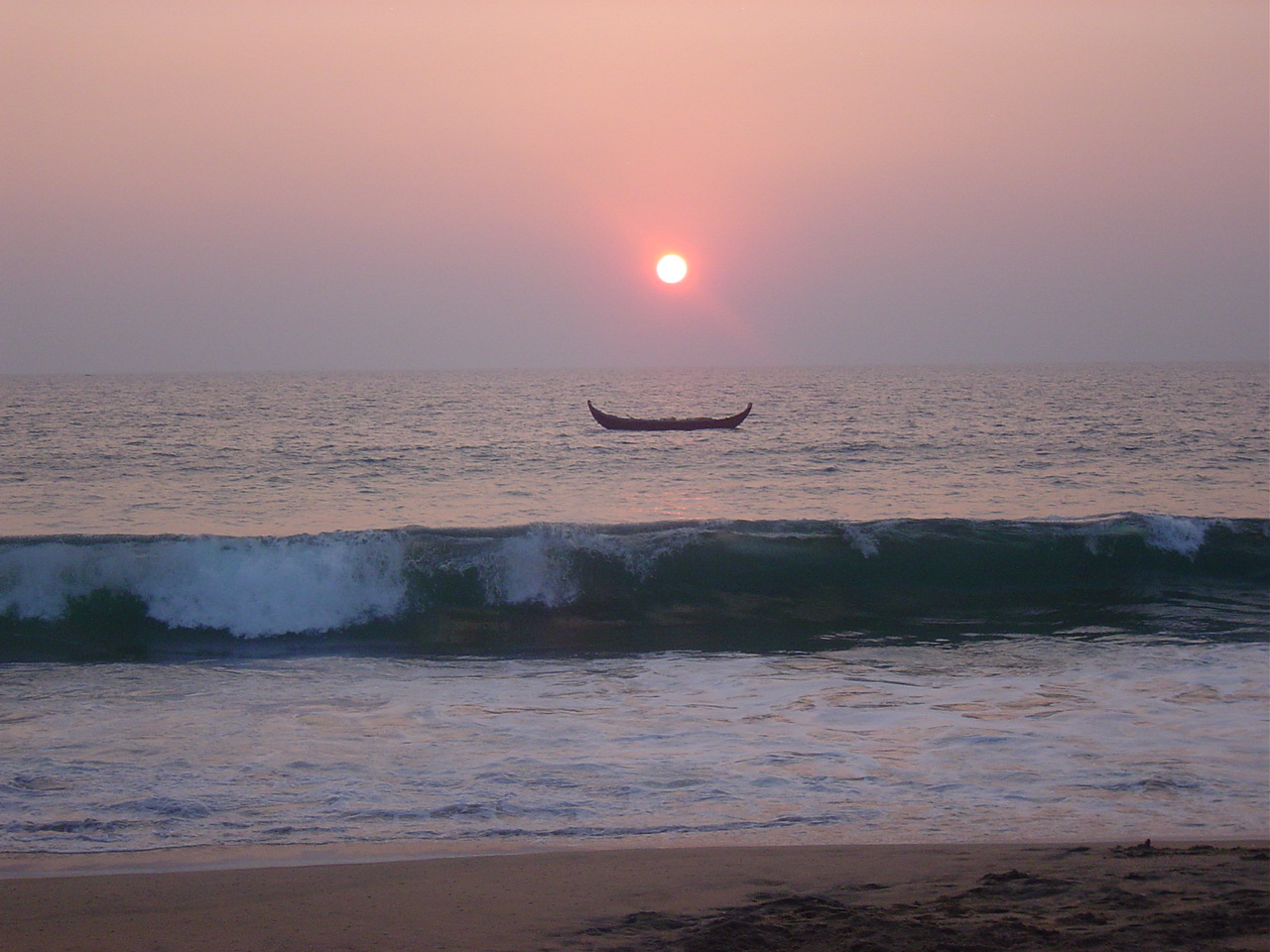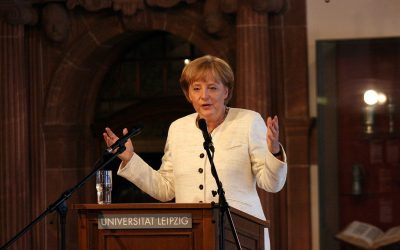Innovations from East India

There is no question about India’s leading position in Information Technology. It may be surprising, however, that the communistically governed state of West Bengal (which has been so for 30 years now) has made amazing progress with regard to IT and is now showing the highest growth rates in India. Through reforms following the Chinese example, the democratically chosen government is actually pursuing the aim of ensuring education and prosperity for the over 80 million inhabitants. Kolkata, West Bengal´s capital, is turning into one of Asia´s new High-Tech centres. Also here, the technical revolution has led to the construction of various IT parks and Special Economic Zones. In Kolkata for example, after Sector V in Salt Lake and New Town in Rajarhat a third IT-centre with 630 acres of land is at present arising covering nearly 3 times the area of Salt Lake. Other flourishing IT centres of West Bengal with software technology parks can be found in the cities of Durgapur, Kharagpur, Siliguri and Haldia. Investors can profit from West Bengal`s main strengths: a cooperative government, low cost of operations, highly qualified staff, reliable availability of energy (a rare thing in India), the required infrastructure and good contacts with consulates and associations – all which make this region interesting, and not just for the IT industry. The professed aim of the government is to be one of the Top 3 Indian IT locations in 2010. These plans appear practicable if, as announced, large parts of the population can have access to education and technology competence as well as knowledge of government business (E-Governance). Researchers of West Bengals academic institutions, such as the renowned Indian Institute of Technology Kharagpur not only ensure the education of highly qualified employees but are already cooperating closely with the IT industry. The positive technological changes lead to increased internationalization. West Bengal is becoming a strategic investment location for East and West. Su Yu Xi, China’s ambassador in India, regards Kolkata as the knowledge capital of the country and is certain of the strategic advantages for Chinese business people there. The first large Chinese investment for an Indian IT project will therefore take place in Kolkata. In 2006, the year of the Chinese-Indian friendship, the construction of the Bengal Peerless Nanjing High Tech Industry Investment Zone for 6 million U.S. dollars was agreed upon and initiated in March 2007. Both China and India see the necessity for intensified technological cooperation. Knowledge-based technologies like IT and biotechnology will be promoted in the new zone. After Nanjing, Bengal is planning cooperations with all the Chinese provinces, the first will be Beijing. Apart from this High-Tech zone, AXIS, a futuristic shopping centre with a range of Chinese and European goods on display will also emerge in New Town, Rajarhat. One cultural highlight of this lifestyle complex completed in the summer of 2008 will be a Mozart centre, and even more European presence is possible. This increased orientation to Europe is discernible through innovative media projects like the new European-Indian news agency INEPNEXT or the Bengal Website Europe News Today, projects with the aim of strengthening the exchange of knowledge and experience between the two continents. Kolkata’s principle focus in Europe is Germany. The German ambassador in India, Bernd Mützelburg, is impressed by the new look of the “City of Joy”, Kolkata. He confirms the great support of the dynamic Chief Minister Buddhadeb Bhattacharjee for German investments (e.g. the recent “Hunger Hydraulics”) and points to the corresponding German response like the direct flight from Kolkata to Frankfurt three times a week. Inseparable links between Germany and West Bengal have now been forged and the time has come to diffuse the strengths of this knowledge and technology region to a broader audience.
Text: Anita Shukla
Picture: (c) Purvi Shah-Paulini
Episode 3/24 Wisdom Workshop: Ego Development with Barbara Küchler (German)
I talk to Barabara Küchler about levels of development in connection with leadership. We discuss the concepts of ego and self and the difference it makes to act from the self rather than exclusively from the ego. Why do we need leaders in organizations and companies who can include precisely this and why can we navigate more clearly through complexity in this way? We are working our way through many other aspects towards possible answers.
Episode 2/24 Wisdom Workshop: Frugal Innovation with Gitta Peyn (German)
Episode 2/24 Wisdom Workshop: Frugal innovation with Gitta Peyn...
Episode 1/24 Wisdom Workshop: Science communication about frugal innovation with Prof Dr Karin Schnitker (German)
Episode 1/24 Wisdom Workshop: Science communication about frugal innovation...
Episode 5/23 Wisdom Workshop: Innovation, Sustainability & Consciousness stages with Dr. Jan Berstermann (German)
I talk with Dr. Jan Berstermann about sustainable innovations and the influence of stages of consciousness. Of course, we put these into our contexts and define them. For us, it is important to clarify that consciousness stages serve as an orientation, just as a navigation system guides us through maps, and it should in no way be seen as an ideologizing categorization.
Dr. Berstermann is an industrial engineer and holds a doctorate in economics, particularly in the field of sustainable management. Together with Prof. Dr. Karin Schnitker, he heads the Reallabor Innovation, Entrepreneurship and Agile Leadership at Osnabrück University of Applied Sciences and has been a lecturer in the areas of corporate sustainability management and systemic leadership, among others, since 2017. Between 2015 and 2017, he worked as an organizational consultant in a medium-sized group of companies in the organic food industry.
Episode 4/23 Wisdom Workshop: Frugal Innovation Practical Example with Flo Oberhofer (German)
Also this time I talk about the topic of Frugal Innovation, as I talk with Flo Oberhofer, a German sustainability consultant living in India.
In this podcast we talk about “simple” technologies, why over-engineering is not helpful in countries like India, the impact Flo is having with his team at Terra Preta in India and how this is helping farmers, who are getting natural and affordable fertilizers as a result.
Terra Preta Impact Innovations LLP was established to help EU-based companies and organizations develop impact projects and create sustainability businesses in India.
With a strong focus on conscious and social entrepreneurship, Flo and his team work in various SDG-related areas such as biodiversity, clean tech, circular economy, responsible sourcing or regenerative agriculture. By creating independent businesses, they help companies redefine their value chains towards a future-proof, sustainable approach.
Pixabay-Image by Annca
Indo German Business Culture – a field report by Abhinav Barnval
Even though I had been to Europe quite a few times during my stint as a Merchant Navy Officer, the decision to come to Germany wasn’t easy as it happened at a crucial time when I was planning a major career change and wasn’t sure if I would be able to fit in to the...
How to set up an IT Delivery Center in India
Five years ago I took a flight to India, got an accountant, hired an office space in a tech park, invited friends to a meeting in the Hilton board room and signed employment contracts. This won’t work that easy nowadays. But how to get it going today? I would like to...
Angela Merkel – A Portrait
world’s most powerful woman Federal Chancellor of Germany Dr. Angela Merkel Oberservers say there has been an immediate sympathetic atmosphere when the Indian Prime Minister Manmohan Singh first met his German counterpart Angela Merkel at the Hannover Trade Fair in...




